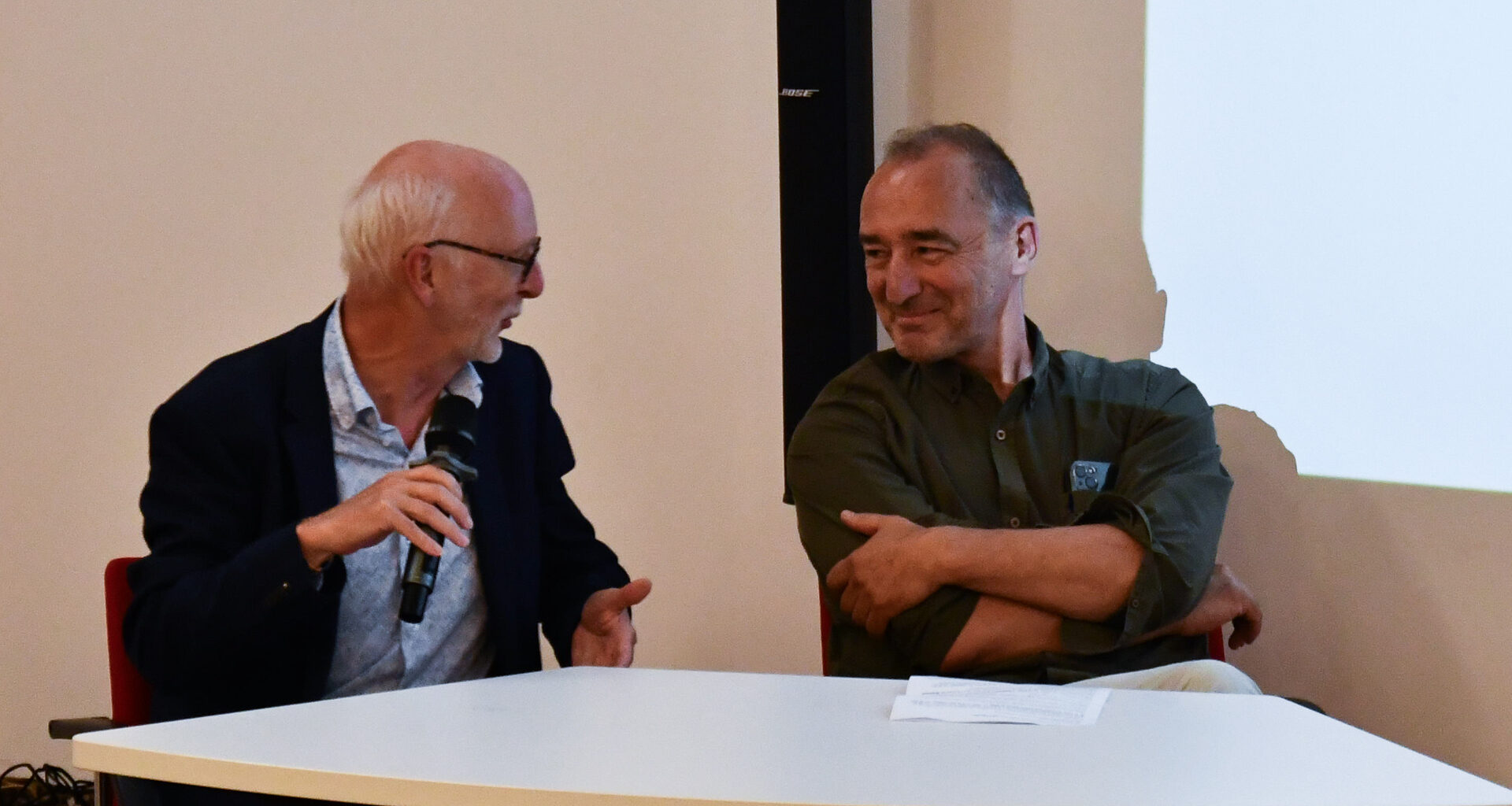The social security mechanism connecting both sides of the border is hailed as exemplary, although it cannot yet be applied to the entire Greater Region.
For 30 years, Belgian cross-border workers have enjoyed the same social benefits as Luxembourg citizens thanks to a unique bilateral agreement. Henri Lewalle, chairman of the health committee of the Economic and Social Committee of the Greater Region (CESGR), calls it “a unique piece of social legislation in Europe and beyond”, emphasising the pride in this equal treatment.
To mark this anniversary, an information day was held in Arlon last Monday, on Luxembourg’s national day. Numerous speakers took the floor at the auditorium of the Mutualité Socialiste, one of Belgium’s main social security organisations alongside the Mutualité Chrétienne.
Lewalle discussed with Jean-Claude Reding, Vice-President of the Luxembourg Chamber of Employees, the possibility of extending this agreement to the Greater Region. While cooperation with Belgium and Germany demonstrates areas of alignment, progress with France remains more challenging, particularly because the European framework tends to prioritise economic interests over social considerations.
Currently, around 120,000 people benefit from these advantages, including dependants and others, through family allowances notably. This is a significant increase from the 3,000 workers covered when the first agreement was first signed in 1966. 45,000 Belgians cross the border daily out of a total 220,000 cross-border workers.
Henri Lewalle also highlighted a speech by Benoît Collin, Director General of Belgium’s INAMI (National Institute for Health and Disability Insurance), which is the counterpart of Luxembourg’s CNS. Collin praised the cordial relations between the two organisations and pointed out that Luxembourg reimburses about 94% of healthcare costs, while Belgium’s reimbursement ranges between 75% and 80%. This difference represents a significant benefit for workers. It is important to remember that Belgian cross-border workers can choose to receive treatment in their country of residence or where they work.
Collin also stressed the need for improvement in these bilateral agreements: “One major challenge is the heavy administrative burden – covering rights, unemployment, returning to work, and so on – due to the extensive paperwork exchanged between parties. There’s a strong call for increased digitisation. However, we must keep in mind that the network of stakeholders is vast and complex, and these procedures are an inherent part of the system.”
The time required to obtain a Luxembourg registration number can also be lengthy. Other technical issues were addressed as well, particularly concerning cases of death, to ensure that support processes are not abruptly interrupted, as well as disability cases and the often challenging transition between the two health insurance funds.
While there is still room for improvement through negotiation and finding the right balance, the agreement’s foundations remain solid, and the system’s efficiency is widely appreciated.
